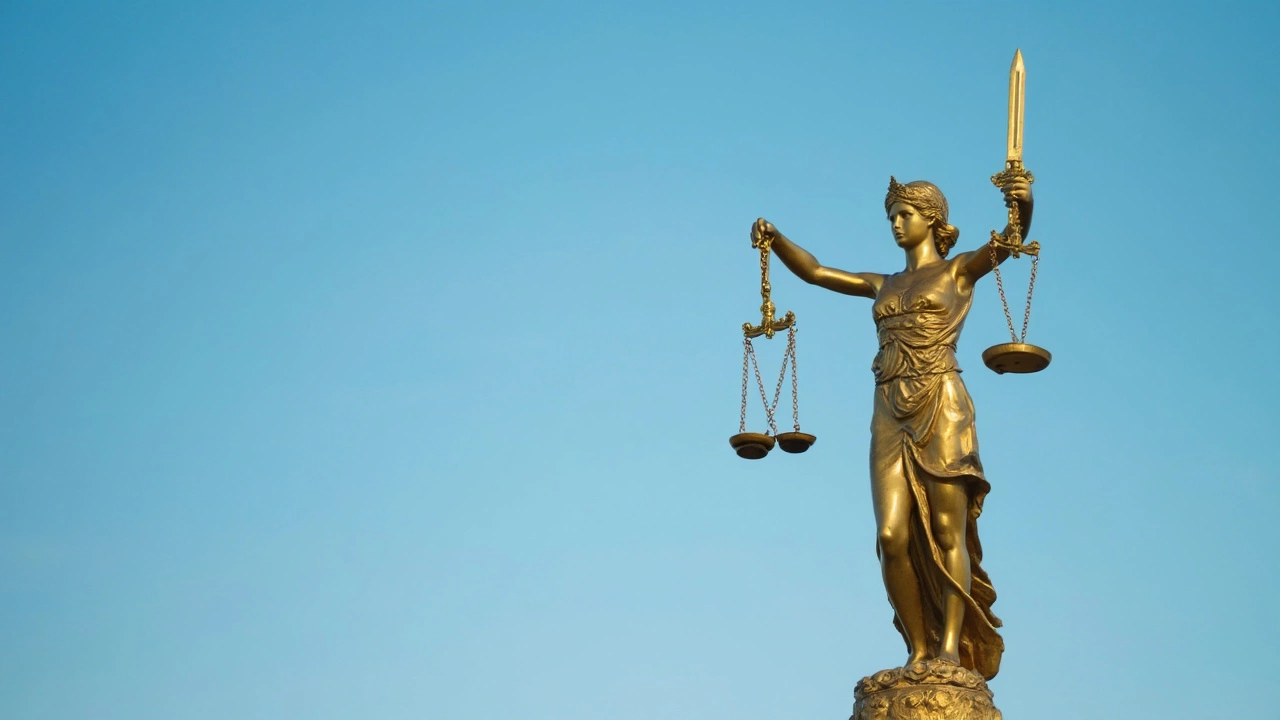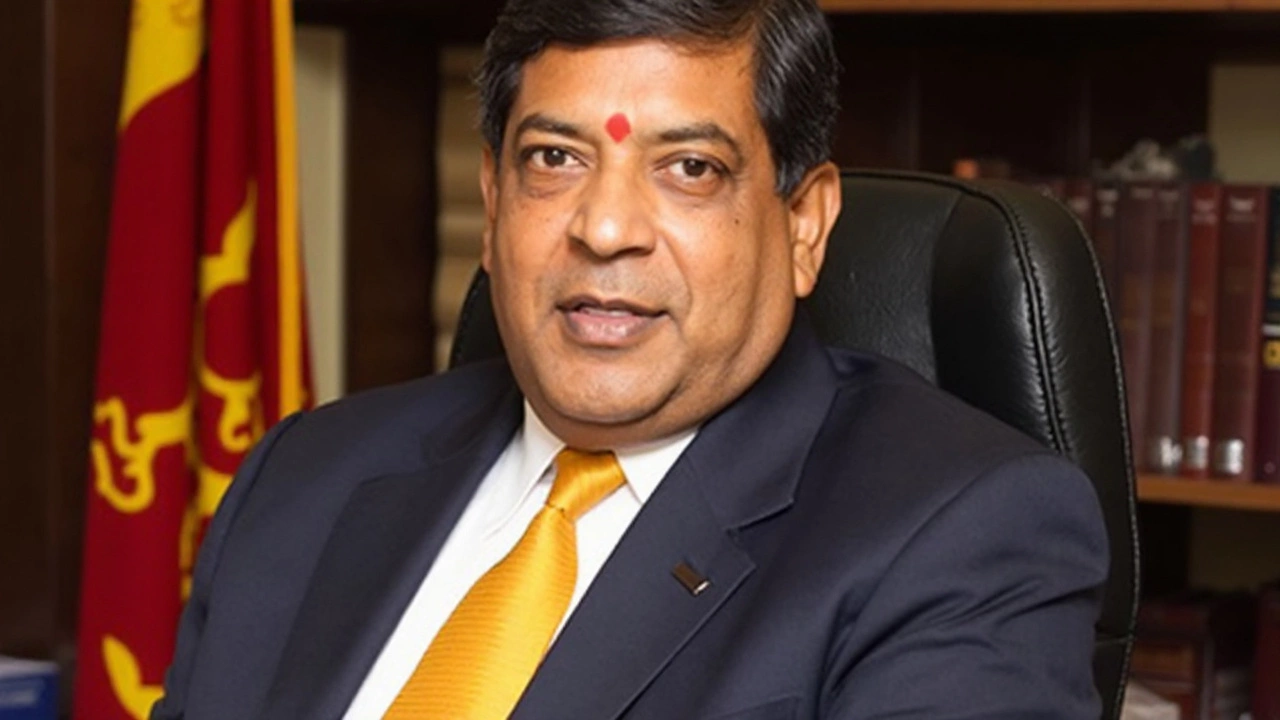Fresh Scrutiny Over Online Safety Act as Repeal Motion Enters Sri Lanka's Parliament
It wasn’t so long ago that Sri Lanka’s Online Safety Act was hailed as a necessary shield against the darkest corners of the internet. But today, the law has become a political battleground. Opposition MP Ravi Karunanayake isn’t just voicing unease—he’s moved to rip the law apart entirely, filing a repeal motion that’s now officially on record. That’s grabbed attention fast, mainly because the Online Safety Act has always been a magnet for controversy, fueling suspicions about its actual purpose.
The law, passed in early 2024 under then-Public Security Minister Tiran Alles, was sold as a tool to protect women and children from online abuse and exploitation. But take a closer look at the past year: not a single high-profile case of gender-based violence or child safety has actually been prosecuted under the Act's provisions. Instead, the headlines belong to something else—journalists and political opponents finding themselves targeted by rules originally billed as safeguards.
Media watchdogs and free speech groups have been vocal, pointing out that provisions meant for content moderation have instead led to accusations of outright censorship. Newsrooms have reported pushback on critical coverage; activists claim that online dissent is being chilled, not protected. It hasn’t helped that vague definitions in the Act make it all too easy for authorities to decide what's 'harmful.'

Political Tensions Rise as Law's Future Hangs in Balance
When it comes to blame, politics in Sri Lanka is rarely straightforward. The National People’s Power (NPP)—now in charge—found itself inheriting the law from the previous administration. Many expected quick action to dismantle what critics say is a dangerous tool for censorship. Instead, the government has stayed silent, opening itself to charges of hypocrisy, especially from civil society groups demanding a stronger stand for online freedoms.
This has given the opposition a springboard. Karunanayake and his supporters in the United National Party (UNP) are now framing themselves as defenders of free speech, despite the UNP's own well-documented links to the Act’s initial introduction. Observers are asking frankly: Is this a genuine policy shift, or just opportunistic politics with an election in the offing?
The odds of the repeal motion passing are far from clear. Some insiders whisper that the government might quietly let the bill fade, avoiding a headline-grabbing parliamentary showdown. Others sense growing pressure within the ruling coalition, especially as international human rights groups monitor how Sri Lanka balances safety and personal freedoms online.
Whether the Online Safety Act stays or goes, one thing’s already certain: the controversy isn’t dying down. For now, Sri Lanka’s digital space remains in uneasy limbo, with free expression and state power still very much at odds.
